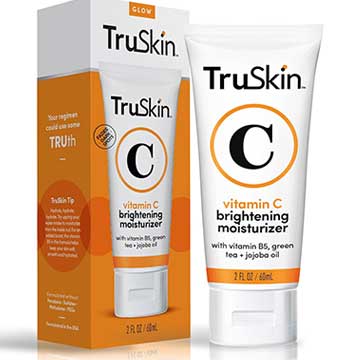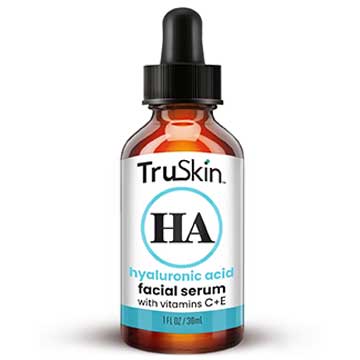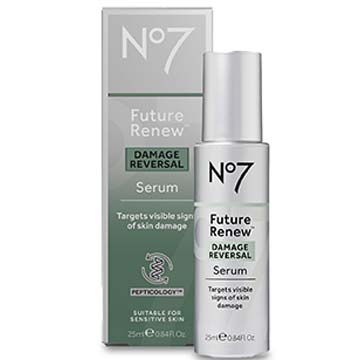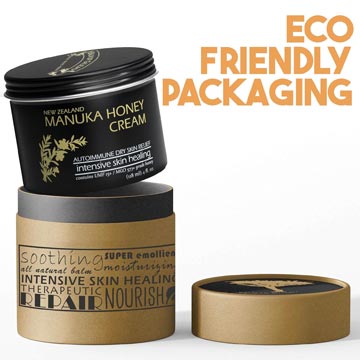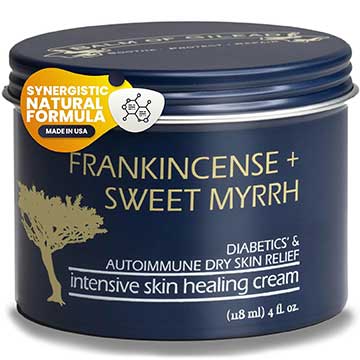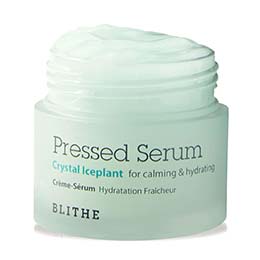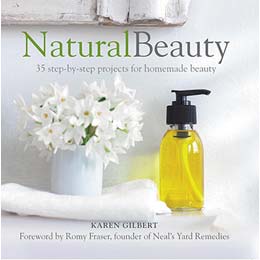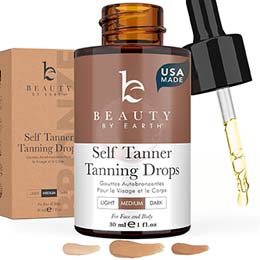Cleaning Makeup Brushes
Cleaning makeup brushes regularly is essential for preserving their quality, enhancing makeup application, and keeping your skin healthy. Over time, brushes collect oils, makeup residue, dead skin cells, and bacteria that can transfer back to your skin, leading to breakouts, irritation, and even infections.
Well-maintained brushes also perform better, allowing makeup to apply more evenly, so you get smoother, more professional-looking results. Plus, regular cleaning helps extend the lifespan of your brushes, preventing bristle damage and saving you money on replacements.
For best results, aim to deep-clean your brushes every 1 to 2 weeks, and remember that proper care makes a big difference for both your skin and your makeup routine.
Why You Should Clean Your Makeup Brushes Regularly
Healthier Skin: Dirty makeup brushes can harbor bacteria that may lead to skin issues like acne, blackheads, and irritation. Even more concerning, they can introduce harmful bacteria like E. coli, staph, and fungi, potentially causing infections.
Flawless Application: Clean brushes allow for smoother, more even makeup application, giving you that seamless finish every time. Your makeup will look better, and colors will apply more accurately.
Longer-Lasting Brushes: Regular cleaning extends the life of your brushes, helping you avoid frequent replacements and saving you money in the long run.
Here’s a step-by-step guide to effectively clean your makeup brushes:
Materials Needed
- Gentle soap or brush cleaner (baby shampoo, dish soap, or a dedicated brush cleaner)
- Clean water (preferably lukewarm)
- A small bowl or plate
- A clean towel or paper towels
- Rubbing alcohol (optional, for disinfecting)
- Brush cleaning mat or glove (optional, but helpful)
Makeup Brush Cleaning Process
To clean your makeup brushes, follow these recommended tips:
Rinse the Bristles
Hold the brush under lukewarm water, pointing the bristles downward. This prevents water from seeping into the ferrule (the metal part) and loosening the glue.
Apply the Brush Cleaner
In a small bowl or on a plate, add a few drops of your chosen soap or brush cleaner. If you're using a gentle soap, dilute it with a bit of water.
Swirl the Brush
Dip the bristles into the cleanser and gently swirl or bounce the brush in the mixture. Avoid rubbing the bristles back and forth, as this can damage them.
Gently Lather the Bristles
Use your fingers or a brush cleaning mat to gently massage the bristles, working the cleanser into the hairs. You should see makeup residue and dirt starting to come out.
Thoroughly Rinse
Rinse the bristles under lukewarm water until the water runs clear. Be sure to keep the bristles pointing downward to prevent water from entering the ferrule.
Repeat the Cleaning Process
If necessary and if the makeup brushes are particularly dirty, you may need to repeat the cleaning process until they are completely clean.
Disinfect the Makeup Brushes
This is an optional step but - for extra cleanliness, especially with brushes used for liquid products, you can dip the bristles in rubbing alcohol for a few seconds, then rinse again.
Shape the Bristles
After rinsing, gently reshape the bristles back to their original form.
Dry the Brushes
Lay the brushes flat on a clean towel or paper towels, ensuring the bristles hang off the edge to maintain their shape and prevent water from pooling at the ferrule. Avoid standing them upright in a container while wet, as this can cause water to seep into the ferrule.
Allow Brushes to Air Dry
Let the brushes air dry completely before using them again. This may take several hours, so it's best to clean them at night.
How Often to Clean Makeup Brushes
- Daily: If you use your brushes every day, try to clean them with a quick spray of brush cleaner or a makeup wipe after each use.
- Weekly: Deep clean your brushes at least once a week - two at the most - especially those used for foundation, concealer, and other cream products.
Makeup Brush Tips
- Avoid using harsh detergents or alcohol-based cleaners too frequently, as they can damage the bristles.
- If you have sensitive skin, opt for a mild soap or brush cleaner that is free from fragrances and sulfates.
By keeping your brushes clean, you’ll not only improve your makeup application but also protect your skin from potential irritants and bacteria.
If you have an electric makeup brush cleaner - follow manufacturer instructions.
Amazon Shopping List
Here are some must supplies to make cleaning your makeup brushes a breeze!









